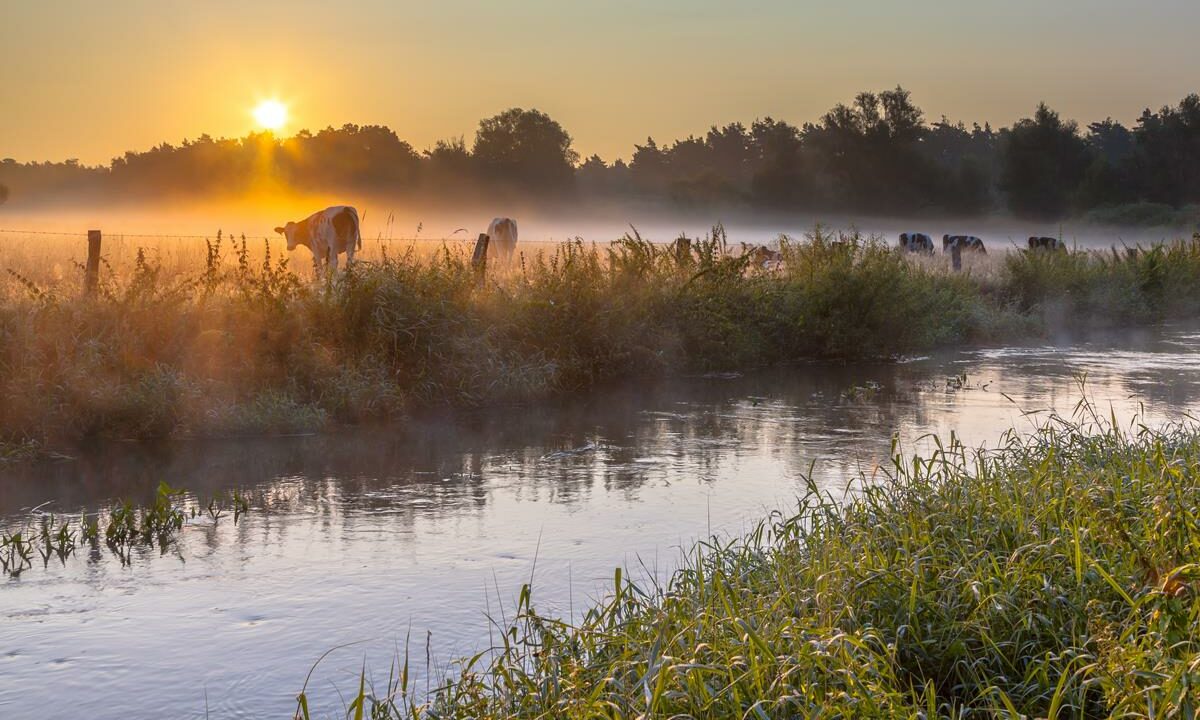State agencies, such as Inland Fisheries Ireland, need to work with farmers to safeguard Ireland’s aquatic environment, according to the Irish Farmers’ Association’s (IFA’s) Environment Chairman, Thomas Cooney.
Cooney made the comments as the IFA prepares to make its submission to the Department of Housing, Planning, Community and Local Government’s future water planning consultation.
“The plethora of agencies that duplicate the water monitoring and evaluation roles must end.
“Agencies such as the Department of Agriculture, the Department of Local Government, local authorities, the Environmental Protection Agency (EPA) and Inland Fisheries Ireland must work with farmers to develop a better balance between enforcement activities and supporting long-term compliance.
“Strong enforcement may make headlines, but the reality is it reduces farm incomes and fails to build community capacity to understand why the water quality issues arose firstly – and then [fails to build] the corrective actions required to make long-term changes,” he said.
Cooney has called upon Inland Fisheries Ireland to better advise and inform the farming community.
Finally, he also commended the “significant investment” the farming sector has made in order to take steps towards improving the rural environment.
“Farmers have spent over €2 billion in ensuring that farmyards and buildings are at the highest environmental standards.
“This has been supported by a similar spend by the state. In addition to this over 27,000t of farm plastics are collected and recycled by farm families each year.
“The investment is making a difference, with Ireland’s water quality amongst the top 25% in Europe,” Cooney concluded.
Appeal to farmers
Cooney’s calls for teamwork comes after Inland Fisheries Ireland issued an appeal to farmers to remain vigilant during the summer months, when harvesting silage and spreading slurry, in order to avoid water pollution and the loss of nutrients to water.
Inland Fisheries Ireland took the opportunity to remind farmers that silage effluent has the potential to cause devastating pollution in streams and rivers.
